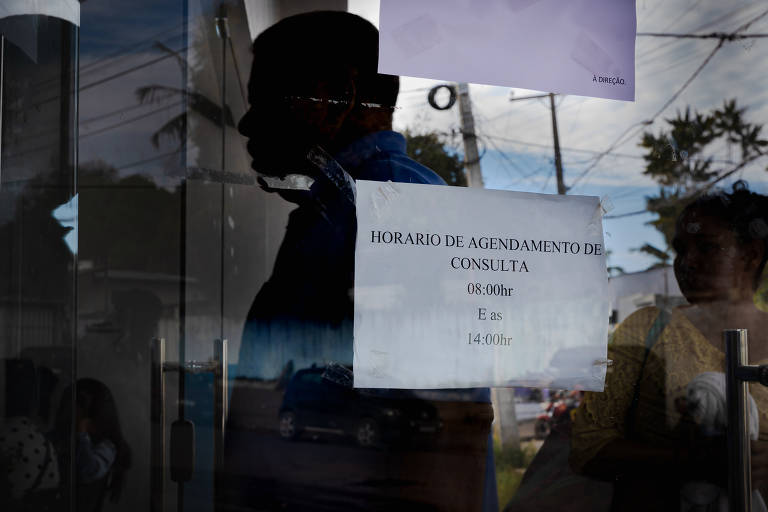"My daughter, one year and two months old, felt sick with diarrhea and vomiting. I went to the hospital and no one could understand what I was saying. I went back to the shelter to look for a neighbor who spoke the language [Portuguese]. So, my daughter stayed hospitalized with her mother, and I went to check what the girl had. I think my daughter died because the doctor couldn't understand me."
The account of the Venezuelan native of the Warao ethnic group interviewed by researchers in a shelter in Manaus highlights one of the main problems in the care of immigrants and refugees in Brazil. According to a series of studies funded by the WHO (World Health Organization), language is one of the biggest barriers to health care for this population.
"It is a barrier for the patients, who cannot express themselves, and for the professionals, who cannot understand them or explain the treatment", says Sonia Vivian de Jezus, professor at UFMT (Federal University of Mato Grosso) and one of the research coordinators.
Since 2018, the country has recognized 57,662 people as refugees. Most of the requests were granted for serious and widespread human rights violations, and 81.6% of the decisions were related to Venezuelans, according to a panel by the UNHCR, the UN agency for refugees.
The first results of the project were published in the scientific journal BMC Infectious Diseases based on tests collected from 903 immigrants, 77% of them from Venezuela. The survey indicates the high prevalence of latent tuberculosis –when the bacteria Mycobacterium tuberculosis is present in the body and the person can develop the disease– among foreigners sheltering in Manaus (46.1% of participants), São Paulo (33.3%), Curitiba (28.1%) and Boa Vista (23.5%).
Translated by Cassy Dias
Read the article in the original language
